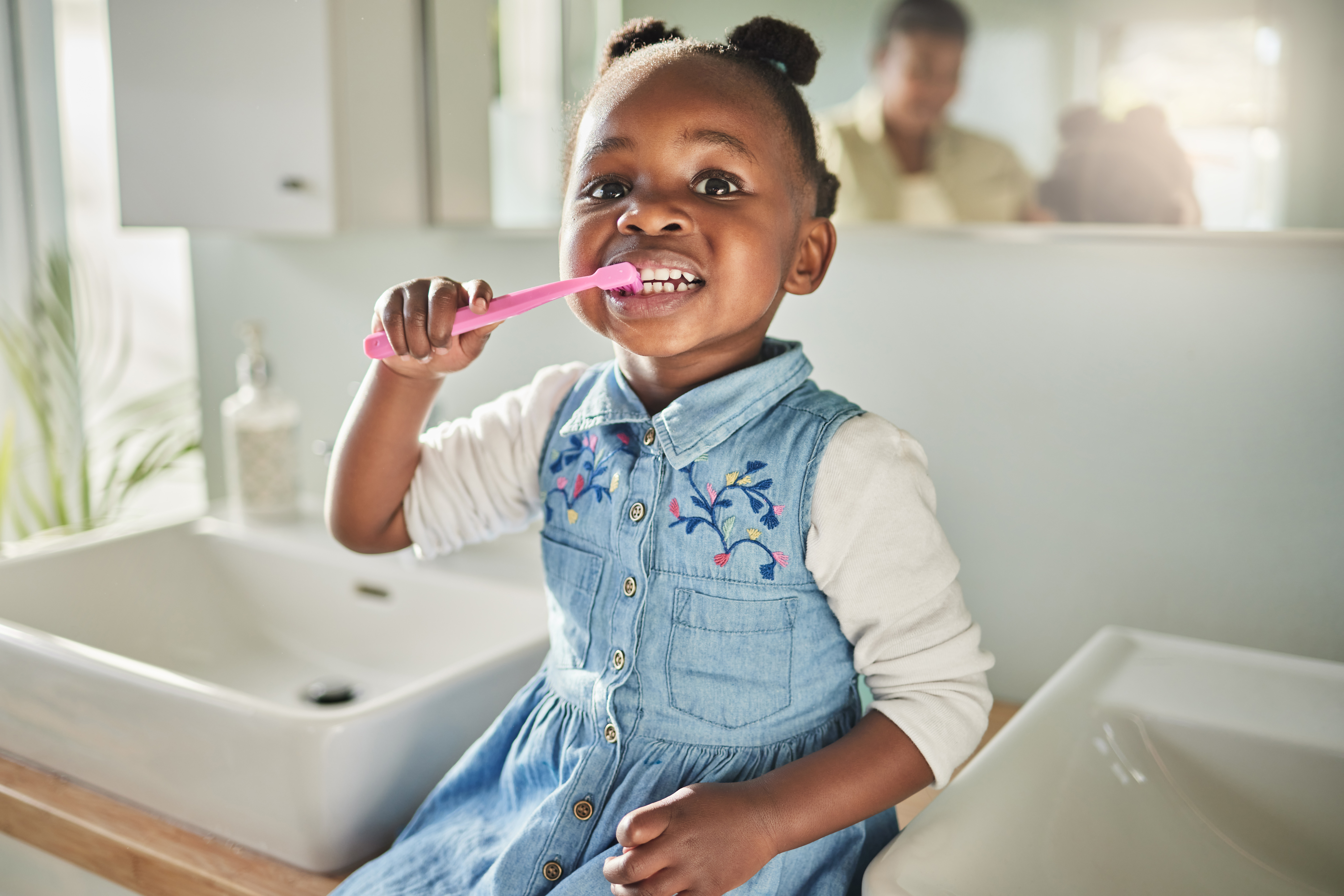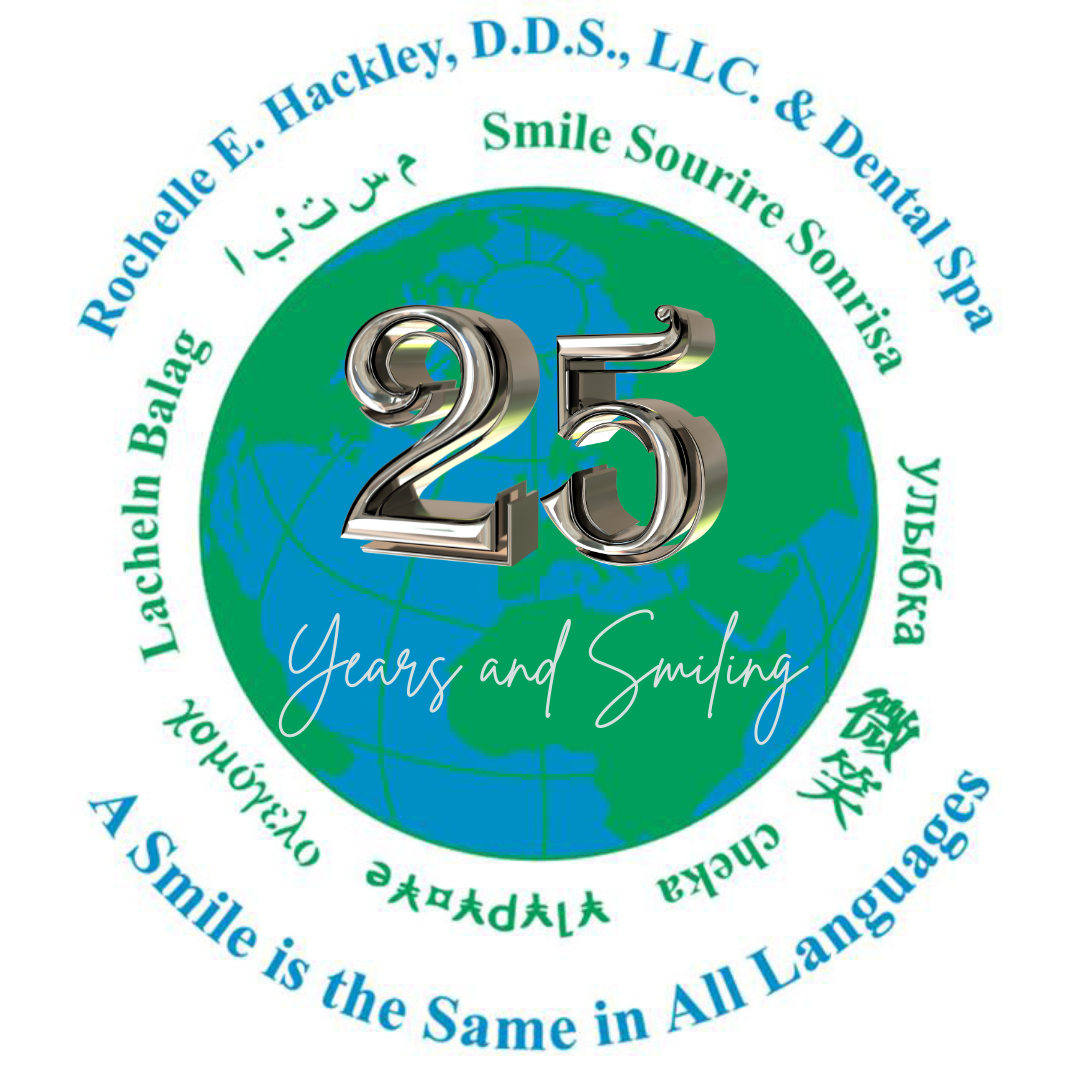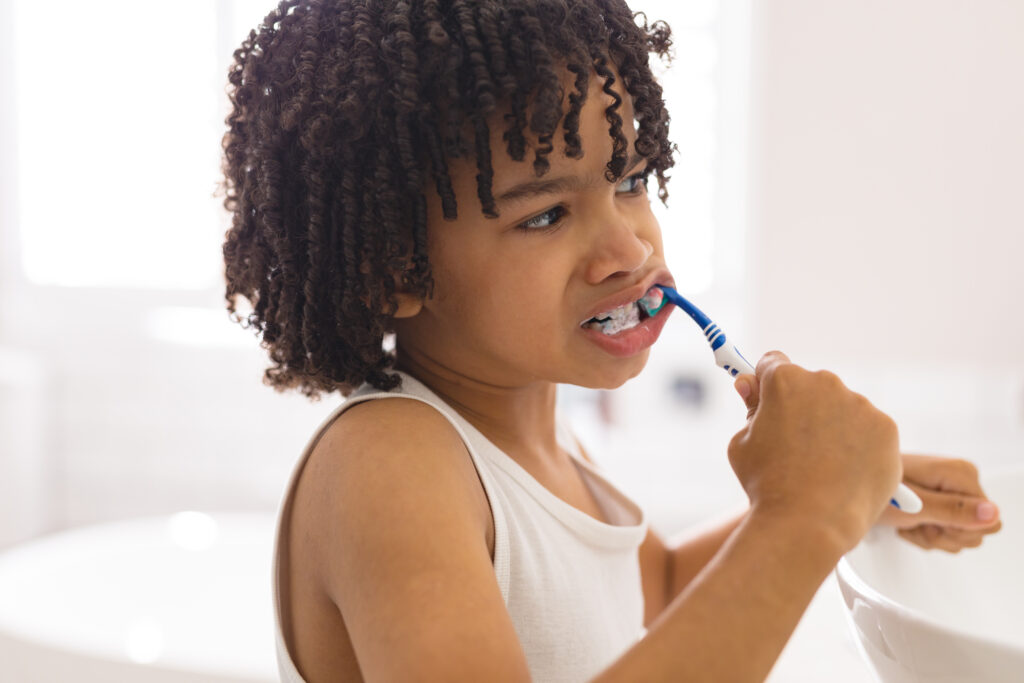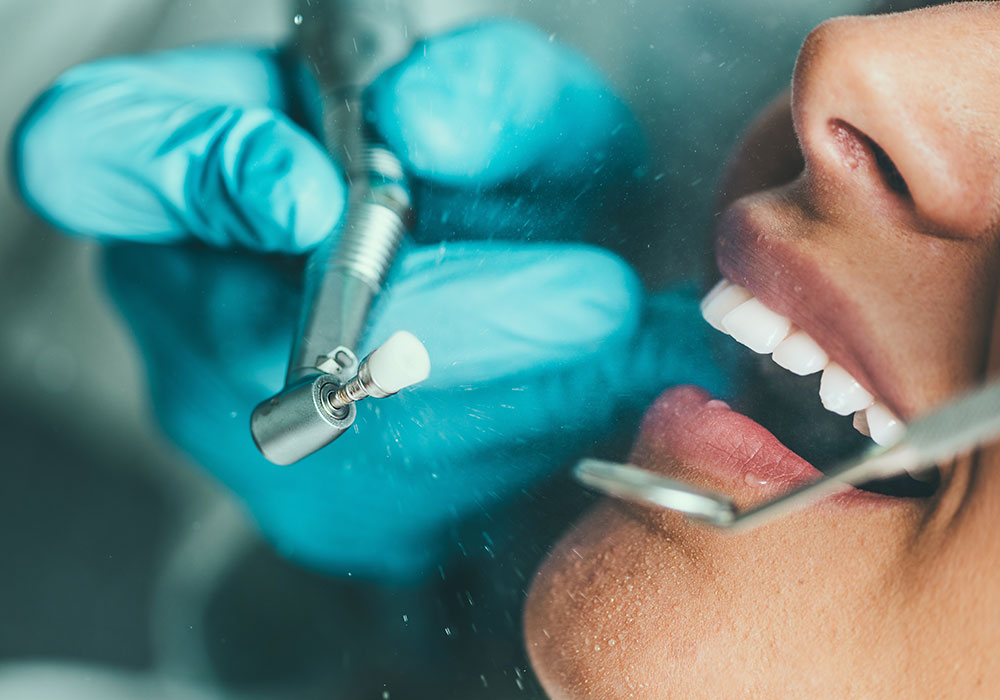Cavities are one of the most common dental problems, affecting people of all ages. While they may seem like a minor issue at first, untreated cavities can lead to serious oral health complications. The good news is that cavities are largely preventable with the right habits. If you’re wondering how to prevent cavities Rockville, follow these expert tips to maintain a strong, healthy smile.
Brush and Floss Daily
One of the best ways to stop cavities from forming is maintaining a proper oral hygiene routine. Brushing twice a day with fluoride toothpaste removes plaque, the sticky film of bacteria that leads to tooth decay. Flossing at least once daily is just as important, as it clears food particles and bacteria from between the teeth.
Limit Sugary and Acidic Foods
Sugary and acidic foods contribute significantly to cavity formation. Limit candy, soda, and processed snacks. Opt for healthier alternatives like fresh fruits, vegetables, and dairy products that help strengthen teeth.
Stay Hydrated with Water
Drinking plenty of water throughout the day helps wash away food particles and bacteria, reducing the risk of cavities. Fluoridated water is especially beneficial, as fluoride helps prevent tooth decay and keeps enamel strong.
Regular Dental Checkups and Cleanings
Even with great oral hygiene, professional dental care is essential. Seeing a dentist every six months for cleanings and exams allows early detection of potential issues. A professional cleaning will help remove plaque and tartar buildup that brushing alone can’t reach.
Take Charge of Your Oral Health Today – Learn How to Prevent Cavities in Rockville with Hackley DDS!
Preventing cavities is easier than treating them. If you want personalized advice on how to prevent cavities Rockville, schedule an appointment with Hackley DDS today. We’re here to help you keep your teeth cavity-free!
What are cavities and how can we prevent them? Essentially, cavities are holes in the enamel of your tooth. They can cause pain and discomfort, and if left untreated, lead to more decay. Here are some simple things you can do to prevent cavities.
What is a cavity?
A cavity is a hole in your tooth. In the early stages, it may look like a white spot but over time it will begin to look brow or black. They can be big or small. While they can be in many places, they often form on the tops of your teeth, where you bite and in between teeth, where food gets stuck.
Cavities cause pain, sensitivity, infections, and can even cause you to lose your teeth. The best way to keep your teeth healthy is to prevent cavities.
What causes cavities?

During the day, the bacteria in our mouth feed off of the foods we eat. Anytime we eat or drink sugar, the bacteria eat the sugar and turn it into acid. This acid stays on our teeth and essentially attacks the outer surface.
Over time, this acid wears down our teeth, creating a cavity. If the cavity isn’t fixed, the bacteria get inside it and travel from the outside of the tooth into the dentin and then the pulp, creating an infection.
Dental infections can be very serious. If you notice redness, pain and swelling in your face or mouth you should seek care.
Higher Risks for Cavities
Anyone can get cavities, but you may be at a higher risk if you:
- Snack between meals
- Have cracked or chipped teeth
- Eat sugar foods or drinks
- Take medications that cause dry mouth
- Have a personal and/or family history of cavities
- Have had head or neck radiation therapy
How to Prevent Cavities
The best ways to prevent cavities are to maintain good oral health and hygiene habits. This includes:
- Drink plenty of water
- Brush with fluoride toothpaste 2 times a day
- Floss
- Limit sweet snacks between meals
- Limit sugary foods and drinks like candies and soda.
- Don’t sip or snack on sugary things all day. If you are going to eat/drink them, do so at mealtimes and brush after.
- Visit your dentist regularly for cleanings and exams.
- Sealants can be placed on the back teeth to help protect them from bacteria causing cavities in hard-to-reach grooves.
For more help with your oral health, please visit Hackley DDS. Let us take care of your teeth and keep your smile healthy and beautiful!
When do children lose their baby teeth?
Most children start to lose baby teeth around age 6, however some baby teeth remain present until age 12. Baby teeth are important and should be cared for in the same way as adult teeth.
Is thumb sucking/pacifier really bad for teeth?
Thumb sucking and pacifiers are okay up to a certain age. These habits aren’t a cause for concern in infants and young toddlers.
When do I need to take away the pacifier?
It’s best for kids to stop the habit by the time they’re 3 years old. Prolonged thumb sucking or pacifier use can affect your child’s teeth, jaw, and bite alignment.
At what age should a child start brushing?

Parents should start brushing when the first tooth appears. Use a rice-sized dab of fluoride toothpaste. At age 3, move to a pea sized amount of tooth paste.
[Related: Baby’s First Dental Visit]
When can kids brush by themselves?
This is a tricky question. Parents need to supervise brushing until age 6 at least. They shouldn’t brush alone until they’re coordinated enough to brush thoroughly. We usually say if they can reliably tie their shoes, they can brush alone and have a grown up “check brush.”
How often should kids brush?
Twice a day, just like adults. They should also be flossing.
Are cavities common in kids?
Yes. Tooth decay is the most common illness in children. It’s five times more common in children than asthma! But it’s also one of the most preventable diseases.
Is it necessary to fill cavities in baby teeth?
Yes! Many people think it’s unnecessary because these teeth will fall out. However, baby teeth are important for the development of adult teeth and untreated cavities can lead to further dental disease.
Besides brushing, how can I prevent cavities?
- Only offer clean pacifiers. Don’t dip them in sugary drinks.
- Don’t lick a child’s spoon or pacifier to clean it. Sharing utensils also shares bacteria that cause cavities.
- Don’t put juice of soda in baby’s bottle.
- Never put a child to bed with a bottle of anything other than water- that means no milk either.
- Limit your kid’s intake of sugary foods, juices, soda, and sports drinks.
- Make sure your child’s teeth are brushed twice a day with an ADA accepted toothpaste.
Have more questions? Contact Hackley DDS to speak to a dentist!
There are a number of cosmetic dentistry services to consider when looking to achieve a smile makeover.
Read More






